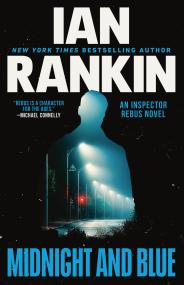Promotion
Sign up for our newsletters save 20% off your next purchase. Shop now.
Fever Dream
A Novel
Formats and Prices
Format
Format:
Trade PaperbackThis item is a preorder. Your payment method will be charged immediately, and the product is expected to ship on or around March 6, 2018. This date is subject to change due to shipping delays beyond our control.
Also available from:
“Genius.” –Jia Tolentino, The New Yorker
Finalist for the Man Booker International Prize!
Experience the blazing, surreal sensation of a fever dream…
A young woman named Amanda lies dying in a rural hospital clinic. A boy named David sits beside her. She’s not his mother. He’s not her child. Together, they tell a haunting story of broken souls, toxins, and the power and desperation of family.
Fever Dream is a nightmare come to life, a ghost story for the real world, a love story and a cautionary tale. One of the freshest new voices to come out of the Spanish language and translated into English for the first time, Samanta Schweblin creates an aura of strange psychological menace and otherworldly reality in this absorbing, unsettling, taut novel.
- On Sale
- Mar 6, 2018
- Page Count
- 192 pages
- Publisher
- Riverhead Books
- ISBN-13
- 9780399184604
By clicking 'Sign Up,' I acknowledge that I have read and agree to Hachette Book Group’s Privacy Policy and Terms of Use




